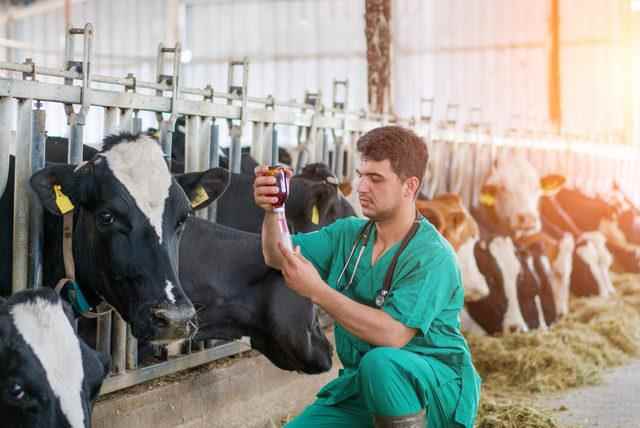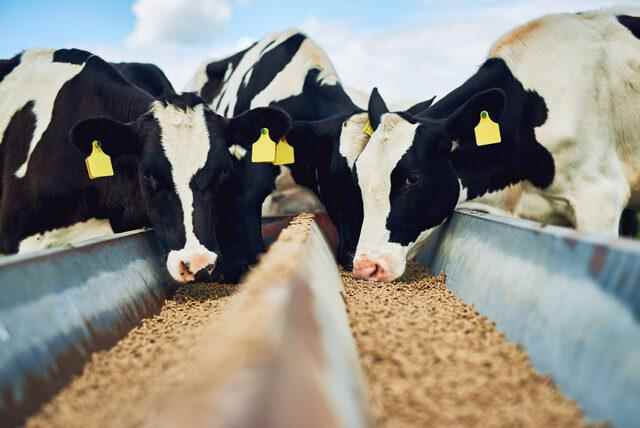The new discovery raises concerns that heavy use of antibiotics on farms will lead to the spread of resistant microbes. The study, led by Soren Persson from the Statens Serum Institute in Denmark, Semeh Bejaoui from the University of Copenhagen, and Dorte Frees focused on a superbacterium, whose Latin name is Clostridioides difficile.
CAN BE TRANSMITTED FROM ANIMALS TO HUMAN
“Our research reveals that C difficile acts as a repository for antimicrobial resistance genes that can be exchanged between animals and humans,” said Bejaoui.
AMAZING DISCOVERY
“This alarming discovery demonstrates that antibiotic resistance may spread more widely than previously thought, and confirms links in the resistance chain that stretches from farm animals to humans.”
SAMPLES FROM HOSPITALS COLLECTED
The team led by Bejaoui investigated the incidence of C. difficile in farm animals. Working on pigs, the team collected clinical samples from hospitals in Denmark and compared their data to see if the bacterium had spread to humans.
DETECTED TO BE THE SAME
“We found that the strains we isolated from pigs were genetically identical to those seen in humans during the same period,” Bejaoui said.
“What our work makes clear is that farms where antibiotics are used create conditions that cause resistant strains to develop, which will eventually infect humans.”

WILL BE ANNOUNCED AT THE CONGRESS
The team will present their findings at the European Congress of Clinical Microbiology and Infectious Diseases in Lisbon on Sunday.
RESISTANT TO ALL ANTIBIOTICS EXCEPT THREE
C. difficile infects the human gut and is resistant to all but three currently used antibiotics. Some strains contain genes that produce toxins that can trigger intestinal inflammation and life-threatening diarrhea in the elderly and hospital patients.
224 thousand infections, close to 13 thousand deaths
The bacterium in question is considered one of the biggest threats to antibiotic resistance in developed countries. It caused an estimated 223,900 infections and 12,800 deaths in the US in 2017, and caused more than $1 billion in damage to the healthcare system.
Doctors and scientists have warned for years that prescribing antibiotics for infections caused by viruses that cannot be treated with antibiotics has led to the spread of resistance among bacteria.
DANGER GROWS
In addition, the danger is growing on farms where antibiotics are administered to animals (mostly pigs and poultry, sometimes cattle).

“Antimicrobial resistance is increasing in Europe and elsewhere in the world,” said Margaret Chan, former director-general of the World Health Organization.
“We are losing our primary-line antimicrobials. The treatments we replace are more costly, more toxic, and require much longer treatment times. They may also require treatment in intensive care units.”
According to the International Association for Cancer Control, an estimated 750,000 people die each year due to drug-resistant infections, and by 2050 this number could reach 10 million. (Independent Turkish)
